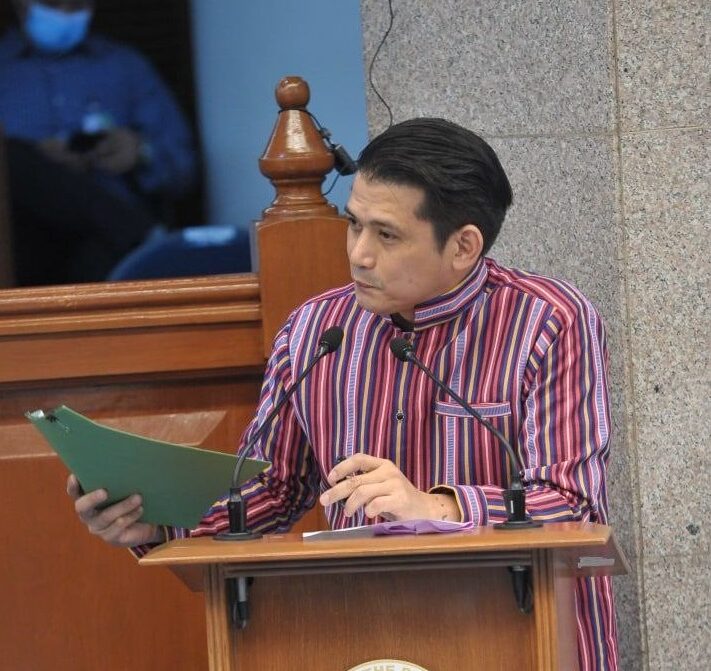My reaction to the election of Robinhood Padilla to the Senate five months ago was the typical cynical “only in the Philippines!” comment. Filipino voters have quite the reputation, after all, when it comes to recycling show biz has-beens into shiny politicians. But just as soon as he took office, the freshly minted senator authored a bill proposing the legalization of medicinal cannabis. Suddenly, Padilla has my attention.
Since 2017, I have lived in the cannabis universe as a regulator in California’s capital city, Sacramento. To learn of any effort to legalize cannabis in the Philippines, whose disastrous war on drugs is still fresh in people’s memory, was difficult to fathom. But at the same time intriguing, if not downright exciting.
Padilla’s Senate Bill No. 230 will grant access to medicinal cannabis as a compassionate alternative treatment for a host of debilitating conditions. I support this bill for many reasons, foremost of which is the positive impact on patients with debilitating ailments. We often only read about cannabis being an effective alternative treatment for insomnia, rheumatoid arthritis, and other chronic pains. But patients suffering from post-traumatic stress disorder, multiple sclerosis, and severe epileptic seizures tell a more profound story of how cannabis became the game changer that allowed them to participate in daily life.
Opponents of legalization contend that even without this effort, patients can request a compassionate permit under Republic Act No. 9165, to use cannabis to treat their ailments. True. However, the permit process is complicated, and the real issue is access to cannabis after the permit is granted. Cannabis is not legally available in the Philippines, so patients will either have to import it at an exorbitant cost or purchase it illegally.
This bill will create an interagency framework for safe and legal access to medical cannabis for qualified patients, which will involve the Department of Health, the Food and Drug Administration, the Dangerous Drugs Board, and the Philippine Drug Enforcement Agency. It will also create a new agency, the Medical Cannabis Compassionate Center, which will oversee the facilities that will dispense cannabis drugs. Most importantly, cannabis, which will be made available in the form of pills, will be cultivated and manufactured in the Philippines.
I support the need to regulate a product that is extremely prone to abuse and diversion to the black market, involves a ridiculous amount of cash, and has potential ties to illegal activities that feed the underground economy. A counterpart legislation, House Bill No. 241 by Isabela Rep. Antonio “Tonypet” Albano, who also championed legalization of medical cannabis in the previous Congress, is pending in the House of Representatives. Five other pro-cannabis bills are also pending in the lower chamber.
Above and beyond these bills, it is high time that the Philippines take cannabis seriously and focus on the basic facts that have now been embraced by a growing list of countries, including most recently, Thailand. By basic facts, I’m referring to the dumbed-down, oversimplified version of the scientific truth that the cannabis plant can heal because the human body’s endocannabinoid system and the cannabinoids from the plant work like a lock and key: our body’s endocannabinoid system (lock) responds to cannabinoids (key). Another basic fact is that no person has ever died from cannabis overdose. If regulated properly, cannabis can save lives. But the journey to legalization is never simple. Throughout history, cannabis has often been a focal point in politics and associated with awkward conversations around the war on drugs, racism, and social and economic injustice. And in the heat of the ugly debates, it is the patients, already saddled with health woes, who ultimately end up paying the price.
I predict a long and difficult journey ahead with a lot of heavy lifting, starting with changing our leaders’ mindset about a plant that has so long been viewed with negativity. Where do we even begin? But every difficult endeavor starts with one important step, and in this case also a strong political will. SB 230 is a step in the right direction.
Source: https://opinion.inquirer.net/

